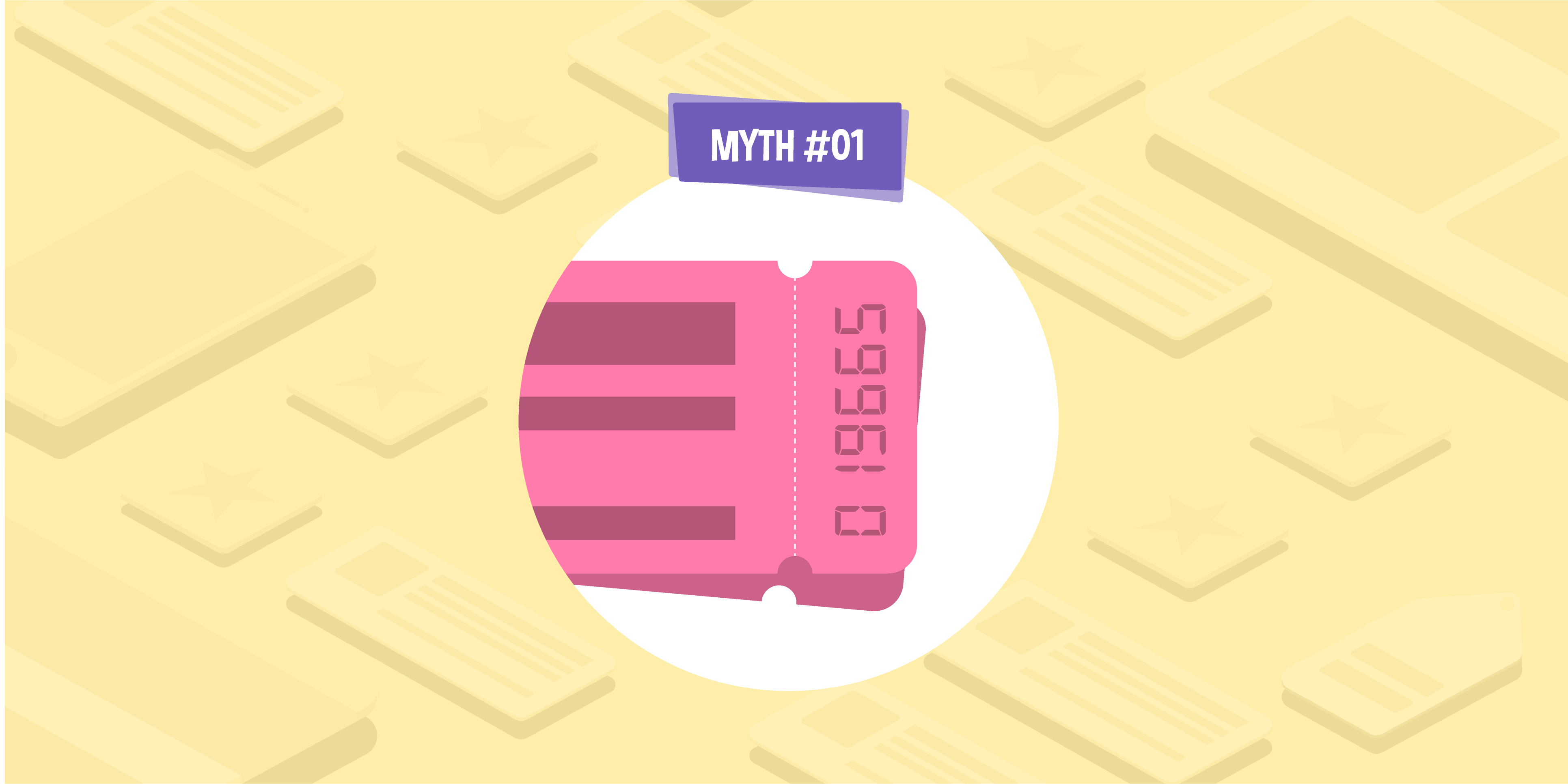
- 12 Feb 2016
- 4 Min read
What “Nigerian princes” taught me about marketing
Greetings to you my friend,
Have you ever wondered why most scam emails are written so badly? The poor spelling, punctuation and grammar — and strange turns of phrase — seem like a dead giveaway. And by now, surely everyone knows Nigerian princes don’t need to transfer millions to British bank accounts?
Well, it turns out that’s kinda the point.
Scammers aren’t idiots. They’re not necessarily illiterate, or trying (and failing) to recreate the voice of a Nigerian prince. They know the vast majority of people are familiar with the scam.
They deliberately make their emails look dodgy.
Curious sceptics: a scammer’s worst nightmare
Scammers write emails that 99.9% of people ignore because they’re targeting that 0.1%. The vulnerable 0.1% who, if they believe such a poorly written email is legitimate, are likely to fall for the scam and send the “Nigerian prince” their money.
What scammers don’t want is responses from curious sceptics — let’s say they’re the 1%. The 1% whose interest will be piqued by a well-written email, who will strike up a conversation with the scammer, and who will eventually decide something dodgy is going on. Time-wasters, essentially.
As Microsoft researcher Cormac Herley put it in his paper Why Do Nigerian Scammers Say They Are From Nigeria?: “By sending an email that repels all but the most gullible, the scammer gets the most promising marks to self-select.”
The art of targeted marketing
Scammers have got the art of targeted marketing down. They construct emails with the perfect victim in mind, and don’t care that 99.9% of recipients know exactly what they’re up to. In essence, they focus on the quality — not quantity — of leads. Your marketing should do the same.
Don’t waste time trying to attract people who won’t buy into your brand. You’re much better off creating a targeted campaign that attracts 100 people of which 90% buy, than a generic campaign that attracts 1,000 people of which 5% buy. It’s all about conversion at the point of sale — not just getting feet through the doors.
That’s why it’s crucial that your marketing is true to your brand and your products. Misrepresenting what you’re about will only attract ‘false positives’, and could put your real customers off.
How Protein World got it right
You might remember the controversy surrounding Protein World’s #BeachBodyReady campaign last summer. Ads plastered across the London Underground featured a slim bikini-clad model with the slogan Are You Beach Body Ready? The campaign sparked a debate about beauty standards — protestors defaced posters and took to Twitter to express their outrage.
But those angered by the ad were unlikely to ever be Protein World customers. And those coming to the brand’s defence were. Protein World fanned the flames throughout, provoking rather than apologising to those offended. Their young, image-conscious target audience lapped it up and became brand ambassadors, using the hashtag #TeamProteinWorld. The company reportedly made £1 million in the four days after the backlash.
I’m loving @ProteinWorld Twitter right now! Going to place an order on payday #TeamProteinWorld #inspiration #FitNotSkinny
— Annabel Katherine (@Bels_4) April 27, 2015
How House of Fraser got it wrong
House of Fraser’s youthful #emojinal campaign didn’t sit right with their older, affluent customer base. Their use of emojis and pop-culture references screamed of desperation to ‘get down with the kids’ — extremely uncouth in the eyes of any audience.
HARRY Birthday HAPPY Styles! @Harry_Styles #HappyBirthdayHarryStyles #EMOJINAL pic.twitter.com/DIJ5EJQOyW
— House of Fraser (@houseoffraser) February 1, 2016
The campaign alienated the type of people who would shop at House of Fraser, and attempted to attract consumers unlikely to spend there. Just like those scammers, House of Fraser should market to potential customers — not seek attention from anyone who will listen.
Need help with your online marketing? Get in touch with the Glass Digital team today.
For more digital marketing insights, you can follow Glass Digital on social media. Connect with us on Facebook, Twitter, Google+, or LinkedIn.

